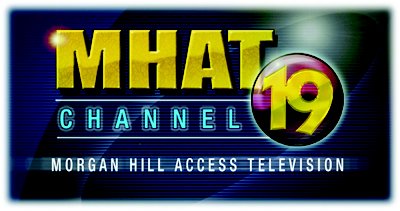When you’re surfing the Internet for the latest in news, celebrity gossip or curious bits of trivia, remember that “clicks have consequences.” The information you find on the Web can have a big influence on your opinions, your thoughts and even your behavior. That’s why we at MHAT-19 recommend that, just as you should eat junk food in moderation for the sake of your physical health, you should also consume “junk information” in moderation for the sake of your mind.
Recently, author Clay Johnson published “The Information Diet: A Case for Conscious Consumption.” The book makes the case that we rely too much on “overprocessed information” in our “news diet” that we consume every day. And with the tidal wave of digital devices available, our minds are deluged with an overindulgence of junk food news and information. Cable TV, iPads and smartphones give us more means to dive into the information ocean of the Internet – and we can easily be drowned by the deluge of information.
The human brain is simply not wired to adequately analyze the vast quantity of news. And we’ve evolved, according to Johnson, to look for affirmation information as we go about our hunt and gather business for information. Sometimes, the news we collect is not true, but we choose to take accept it as factual because it affirms what we might already believe. Digesting false information leads to problems with our opinions.
Whether we are liberal or moderate or conservative, our human tendency is to search out information that strengthens what we already believe. And we tend to dismiss as “propaganda” or “ideology” views that disagree with our own. It takes mental and emotional energy to rewire our brains to accept new information that might not be in sync with what the thought patterns created by our neuron circuitry. And the older we get and the more set in our ways we become, the harder it is for us to make those mental adjustments to accept new ideas or readjust what we believe are “facts” to information proven to be more accurate.
Johnson recommends avoiding the over-processed information from the big media outlets by going local. And that ties into our mission here at MHAT-19. We believe it’s important to provide content that provides our community with regional video content. We want our viewers to know what their friends and family and fellow citizens are doing here in the South Valley. With the upcoming election season, we hope to broadcast the various candidate debates and public forums held in the Morgan Hill region. This will help better inform voters as they go about making smart decisions on who they will cast their ballots for.
Johnson also encourages Americans to get their news from local newspapers, which can provide information that is closer to the source. People need to know what is happening in their own part of the world – because this influences the policies and politics of a region. He also encourages information consumers to communicate with reporters and editors – and let them know about public events or developments the newspaper might want to publish articles about. The better interaction between information consumers and the media, the better the quality of the content that is most relevant to people’s daily lives.
Finally, Johnson recommends that we become better information consumers by becoming picky about what we select as news sources and news topics. It’s fine to snack on the occasional celebrity gossip article every now and then – just like a handful of potato chips or a chocolate bar is a delicious treat every now and then. But you don’t want to make a regular habit of this kind of news diet. Seek out nutritious facts, not fatty, carb-laden comfort food, in your news diet. You’ll have a much more rewarding experience surfing the Web or watching television.












